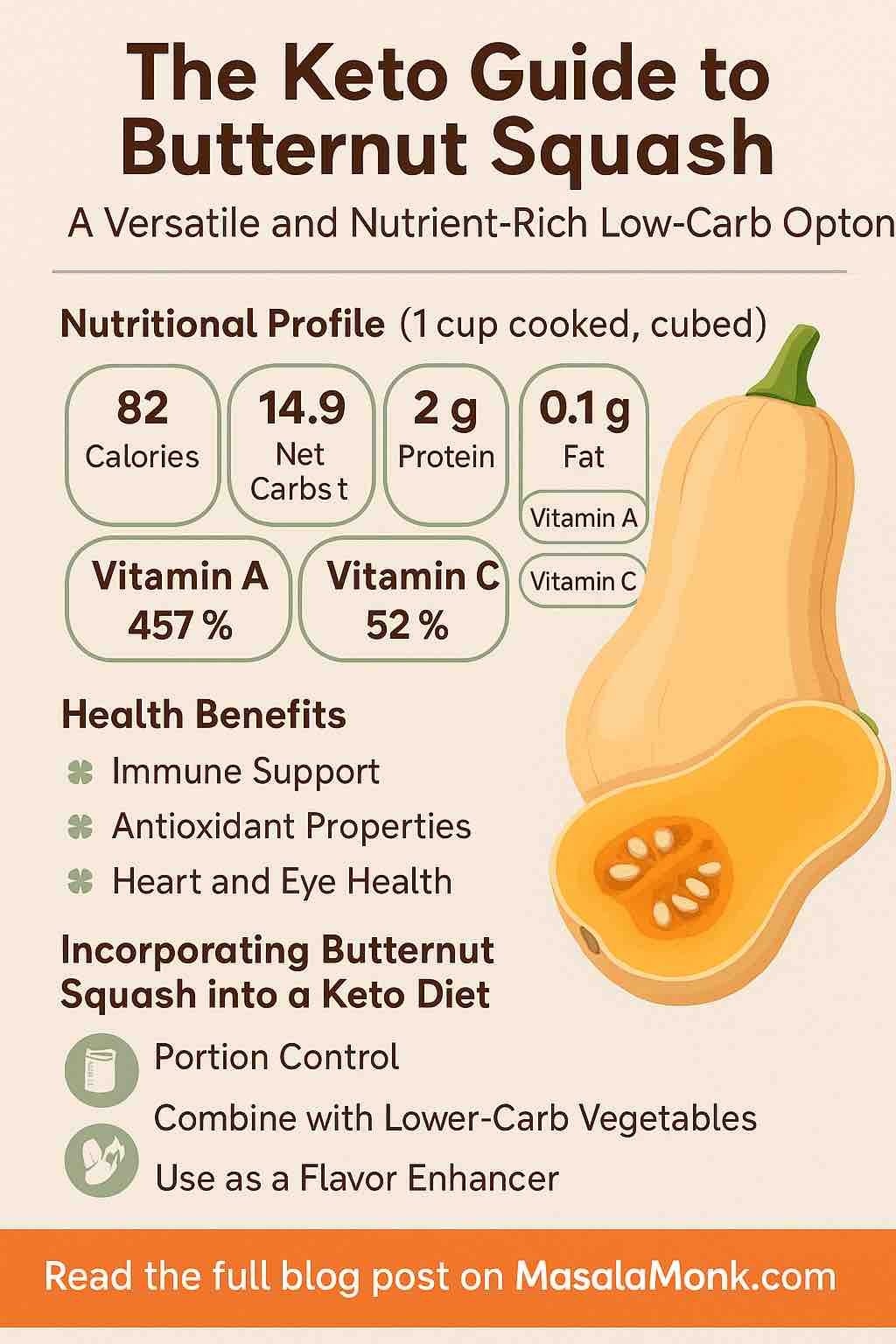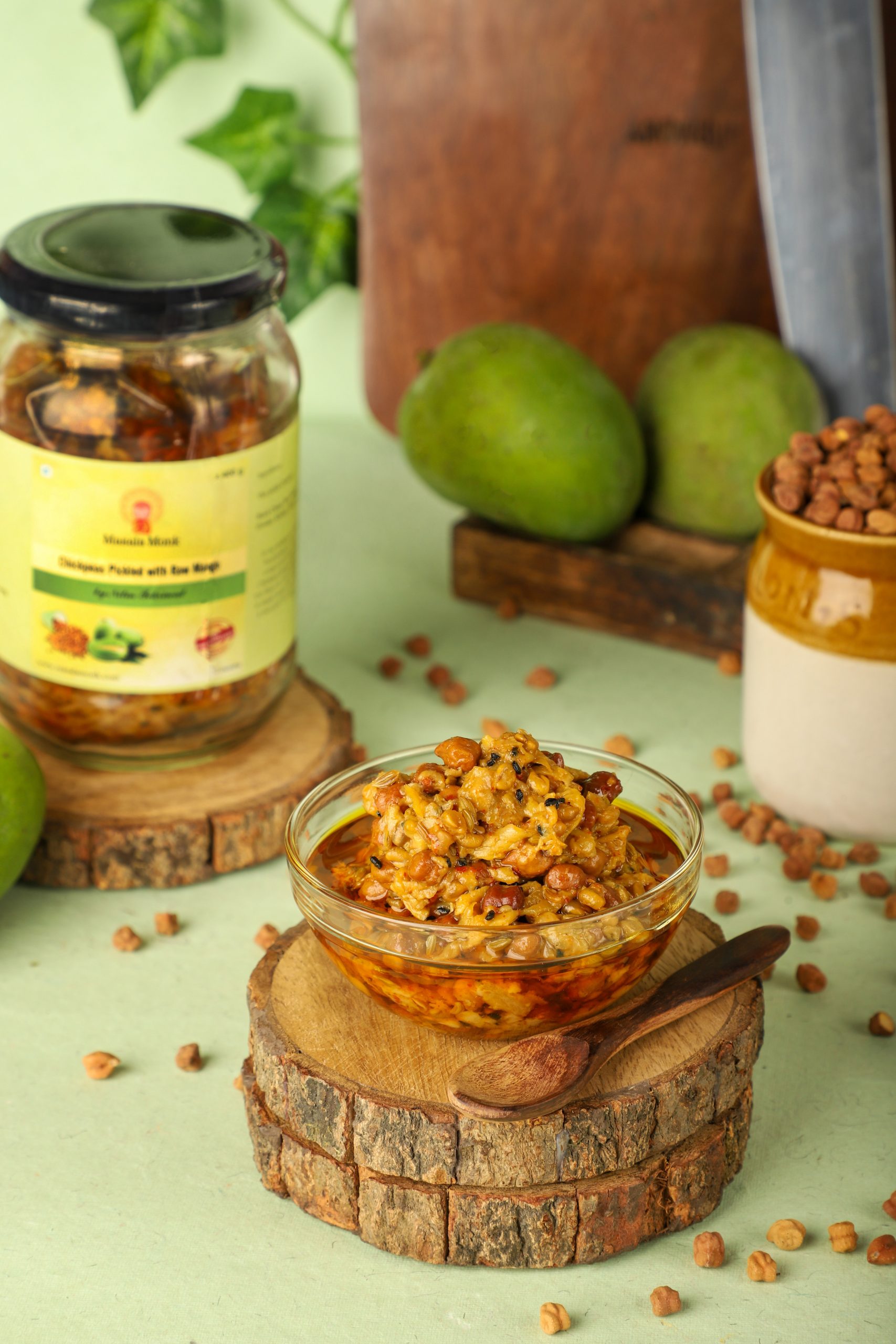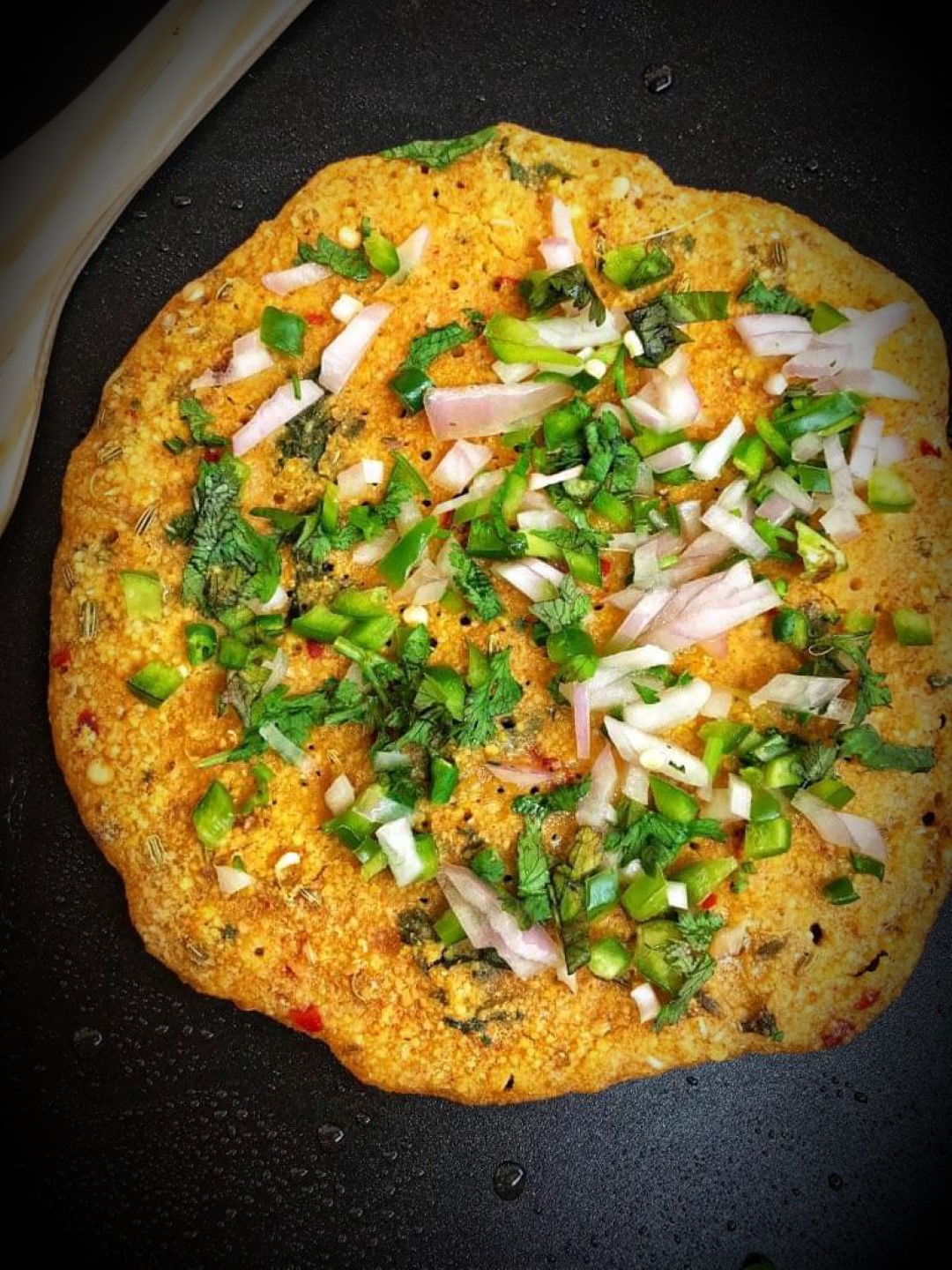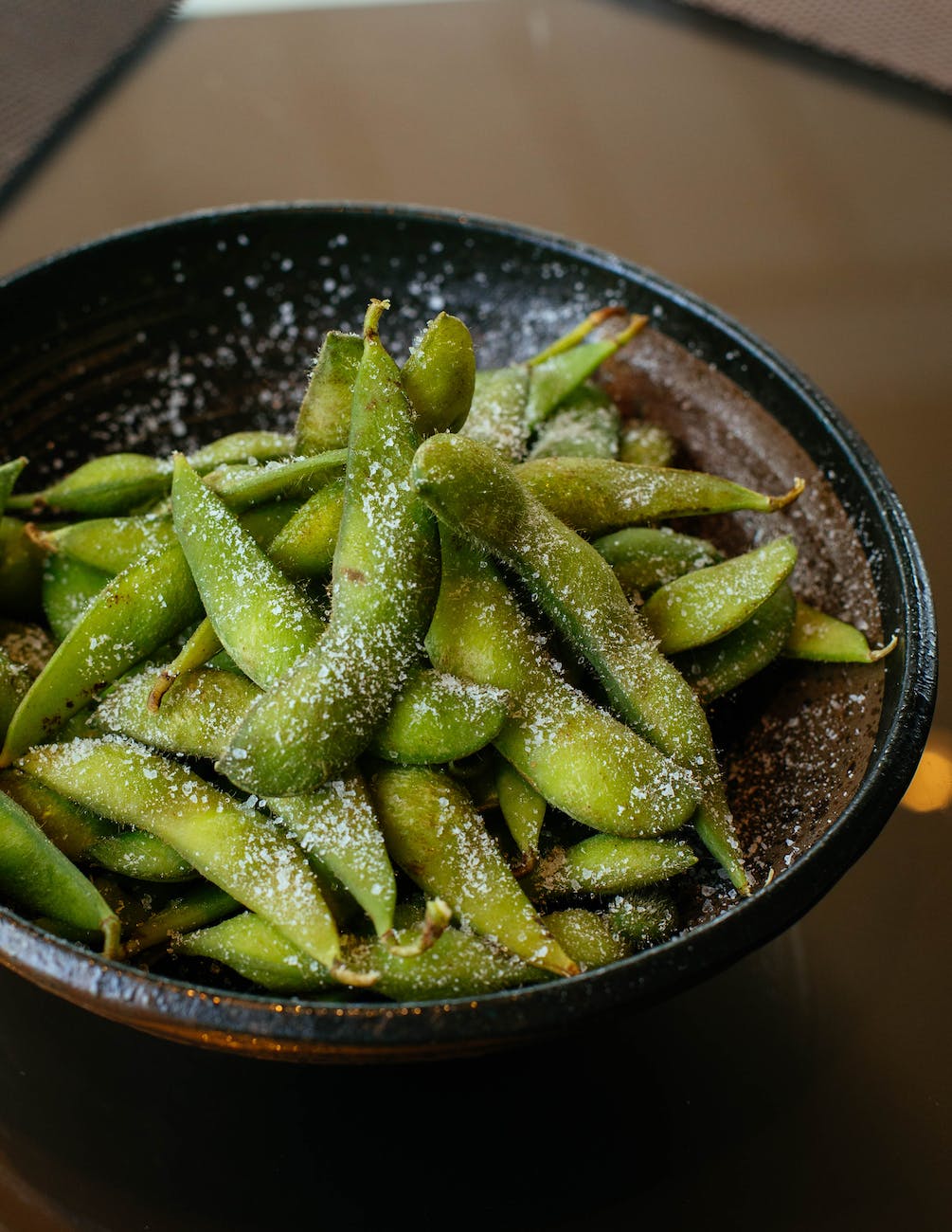
When you think of vegetables on a ketogenic diet, the typical lineup includes leafy greens, cauliflower, zucchini, and avocados. But what if we told you there’s a sweet, hearty, and brightly-colored squash that can also have a place at your keto table? Enter: butternut squash—a misunderstood gem in the low-carb world.
In this detailed guide, we’ll unpack why butternut squash deserves a second look from keto enthusiasts, how to incorporate it wisely into your meal plans, and share some irresistible recipes that balance flavor and macros. Whether you’re a seasoned keto follower or just keto-curious, this guide is for you.
🧬 Nutritional Breakdown: Is Butternut Squash Keto?
Let’s get the big question out of the way: Is butternut squash keto-friendly?
The short answer is—yes, in moderation.
Here’s what you get in 1 cup of cooked butternut squash (205g):
- Calories: 82
- Total Carbs: 21.5g
- Fiber: 6.6g
- Net Carbs: ~14.9g
- Protein: 2g
- Fat: 0.1g
- Vitamin A: 457% RDI
- Vitamin C: 52% RDI
- Manganese, Folate, and Potassium: Highly present
For comparison, 1 cup of cauliflower has only 3g net carbs, making it a keto darling. But that doesn’t mean butternut squash is off-limits—it simply means portion control is key.
If you’re keeping your daily net carbs between 20–30g, a half-cup serving of butternut squash (roughly 7–8g net carbs) can absolutely fit into your macros, especially when paired with lower-carb ingredients.
💪 Why Consider Butternut Squash on Keto?
1. Micronutrient Density
Butternut squash is loaded with vitamin A (in the form of beta-carotene), vitamin C, and manganese—nutrients that support immunity, collagen synthesis, and metabolic health.
2. High in Fiber
With over 6g of fiber per cup, it helps with digestion, satiety, and blood sugar control—important when you’re limiting carbs.
3. Natural Sweetness
For many people, one of the hardest parts of keto is giving up sweet flavors. Butternut squash offers a naturally sweet profile without the spike in blood sugar you’d get from starches like sweet potatoes or grains.
4. Culinary Versatility
Roast it, mash it, spiralize it, soup it, or even bake it into a gratin—it can be both the star of the show and a subtle addition that elevates other flavors.
🍽️ How to Incorporate Butternut Squash on a Keto Diet
If you’re ready to experiment with butternut squash, here are some smart strategies to make it work within your carb limits:
✅ Stick to Smaller Portions
Limit yourself to ¼ to ½ cup per serving. Use a food scale or measuring cup if you’re tracking strictly.
✅ Pair with Low-Carb Ingredients
Combine with high-fat, low-carb foods like:
- Cauliflower (in soups)
- Zucchini (in casseroles)
- Spinach or kale
- Heavy cream or coconut cream
- Cheeses like goat, feta, or Parmesan
✅ Use It for Texture and Flavor
You don’t need a full cup to appreciate what butternut squash brings. A handful of roasted cubes can transform a salad. A few tablespoons of purée can thicken a soup.
👩🍳 Keto-Friendly Butternut Squash Recipes
Let’s dive into some culinary inspiration that doesn’t break the carb bank.
🥣 1. Creamy Keto Butternut Squash Soup
Servings: 4
Net Carbs per Serving: ~6g
Ingredients:
- 1 cup butternut squash, cubed
- 1 cup cauliflower florets
- 2 tbsp butter or ghee
- ½ onion, chopped
- 2 garlic cloves, minced
- 2 cups chicken bone broth
- ¼ cup heavy cream
- Salt, pepper, thyme, and nutmeg to taste
Instructions:
- Sauté onion and garlic in butter until fragrant.
- Add squash, cauliflower, and broth. Simmer until tender.
- Blend until smooth, return to pot, and stir in cream and seasoning.
🧀 2. Low-Carb Butternut Squash & Zucchini Casserole
Servings: 6
Net Carbs per Serving: ~7g
Layer sliced squash and zucchini with ricotta, Parmesan, and fresh basil. Bake until golden and bubbly. A perfect side dish or light vegetarian entrée.
🥗 3. Roasted Butternut Squash Salad with Goat Cheese & Walnuts
Servings: 2
Net Carbs per Serving: ~8g
Toss roasted squash cubes with arugula, toasted walnuts, crumbled goat cheese, and a tangy vinaigrette made from olive oil, Dijon mustard, and apple cider vinegar.
🍝 4. Butternut Squash “Noodles” with Sage Brown Butter
Use a spiralizer to make noodles or buy pre-spiralized squash. Sauté in butter, sage, and garlic for a rustic, pasta-like experience. Optional: top with grilled chicken or shrimp.
⚠️ A Few Cautions for Keto Purists
- Monitor Ketone Levels: If you’re doing strict keto for medical reasons (like epilepsy or insulin resistance), even small carb increases can matter. Use a ketone meter to see how squash affects you.
- Don’t Rely on Visual Estimations: Because squash is dense, eyeballing portions can lead to carb creep.
- Avoid Store-Bought Purees: Many canned or pre-cooked versions include added sugars. Always check labels or go fresh.
🧠 Final Thoughts
Butternut squash might not be a “free food” on keto, but it’s far from forbidden. When used mindfully, it offers a nutrient-dense, flavorful, and deeply satisfying way to enhance your meals without derailing ketosis.
Instead of seeing keto as a restrictive diet, think of it as a culinary framework—one that, with a bit of creativity, can include unexpected ingredients like butternut squash. So go ahead, roast it, puree it, blend it, and savor every golden bite.
🔄 Share Your Recipes!
Have you tried butternut squash on keto? What’s your favorite low-carb way to use it? Share your thoughts in the comments or tag us on social media with your creations!
❓ Frequently Asked Questions (FAQs)
1. Is butternut squash allowed on a strict keto diet?
Yes, butternut squash can be included in a strict keto diet in small portions. A ½-cup serving contains about 7–8g net carbs, so it must be carefully portioned to stay within daily limits.
2. How much butternut squash can I eat on keto?
Most keto plans allow 20–30g net carbs per day. You can typically enjoy ¼ to ½ cup of cooked butternut squash in a meal, especially when combined with lower-carb foods.
3. What’s the best way to cook butternut squash for keto meals?
Roasting, steaming, and pureeing are all great options. Roasting brings out the natural sweetness, while pureeing is perfect for keto soups and sauces.
4. Can I eat butternut squash soup on keto?
Yes—if it’s homemade or labeled keto-friendly. Many store-bought or restaurant soups contain added sugar or starch. Make your own with low-carb ingredients like cauliflower and cream.
5. What are some good low-carb substitutes for butternut squash?
If you’re very carb-restricted, alternatives include zucchini, cauliflower, spaghetti squash, and pumpkin (in moderation). These are lower in carbs and work well in similar recipes.
6. Is butternut squash better than sweet potatoes for keto?
Yes. While both are high-carb vegetables, butternut squash has fewer net carbs per serving (15g vs. 24g for sweet potatoes per cup) and offers more flexibility in small portions.
7. Can I use canned butternut squash puree on keto?
Only if it’s unsweetened and unflavored. Always check the label for hidden sugars or added ingredients. Ideally, use fresh squash to control what goes into your meal.
8. Does butternut squash spike blood sugar?
It has a moderate glycemic index, so it may cause a mild rise in blood sugar if consumed in large amounts. However, in small portions paired with fat and fiber, its effect is minimal for most people.
9. Is butternut squash high in fiber?
Yes! With 6.6g of fiber per cup, it supports digestion and can help with satiety—important benefits on a ketogenic diet.
10. Can I spiralize butternut squash like zucchini?
Absolutely. Butternut squash noodles (or “squoodles”) are a delicious low-carb pasta alternative. Just watch the portion size, as they’re more calorie- and carb-dense than zucchini.













